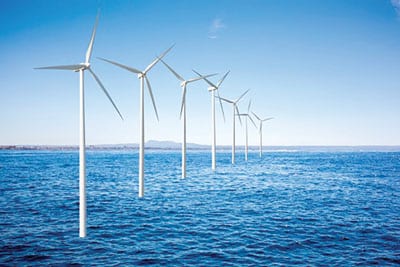Good bilateral relations between Serbia and Denmark are now further strengthened by increasing trade and the rising interest of Danish companies to invest in Serbia
Denmark benefits due to its strong economy and close ties with both the EU and the United Kingdom. It advocates for a reformed Union focused on growth, job creation and security, which also contributes strongly to Balkan stability.
What are the major goals of the Nordic leaders when it comes to restoring the EU spirit of togetherness?
In many ways, we live in challenging times and that also goes for the EU. Important work lies ahead for the European leaders. The Danish Prime Minister has stated that the European Union is Denmark’s best option for influencing the world, and also emphasised how dependent Denmark and our economy is on European cooperation.
Our Minister for Foreign Affairs, after the referendum in the United Kingdom, stated that “the referendum shows that the EU is in need of reform and increased focus on delivering tangible results to citizens. I believe that the EU should focus on growth and job creation, cooperation in controlling migration and security in the form of close police cooperation and combating terrorism.”
I would add that these areas are also important in our relations with Serbia. Countries like Serbia, which are applying for membership in the European Union, also remind us of the origins of the European Union, focusing on peace and stability and the important contribution the EU still gives to that.
Being strongly tied to both the UK and the EU, how has the Danish economy fared following Brexit?
Denmark has strong ties with the UK and will continue to have.

Regarding Brexit, it is too early to say what the consequences will be. Denmark has the benefit of having a strong economy. Through continuous reforms over the years, we have secured an effective public sector and a competitive innovative private sector. That provides Denmark with a good basis for future challenges.
Strengthened rule of law, including reform of the judicial sector and the fight against corruption, could lead to increased commercial ties between our two countries
What do you see as the precondition for tighter bilateral and economic cooperation between our two countries?
We already see positive development. In 2015 we saw substantially increased exports from Denmark, and we see new investments. In our contacts with Danish companies interested in the Serbian market, the rule of law is an issue which has their attention. Strengthened rule of law, including reform of the judicial sector and the fight against corruption, could lead to increased commercial ties.
Serbian exports to Denmark are also increasing. As the Serbian private sector becomes more competitive, in parallel with the reform process, there is room for further exports – not only to Denmark but also to other EU member states which are already Serbia’s most important trade partners. Denmark is pleased to have supported economic development in Serbia through various programmes.
I would like to highlight our ‘Fruits and Berries’ project in Southern Serbia, which has contributed to an impressive increase in Serbian production and exports of raspberries and other fruits.
What do you see as the most important tasks for the new Serbian government?
With the importance the Government gives to the EU accession process, we, of course, hope to see progress in the related reform process. The government has given a high priority to strengthening the economy and we already see some positive results. Hopefully, that will provide a good basis for further improvements and reforms.
Looking at the EU accession process, which in general supports reforms that are to the benefit to the population, rule of law should be mentioned as the most important area. However, also in areas such as the environment, important reforms will have to be implemented in the coming years.